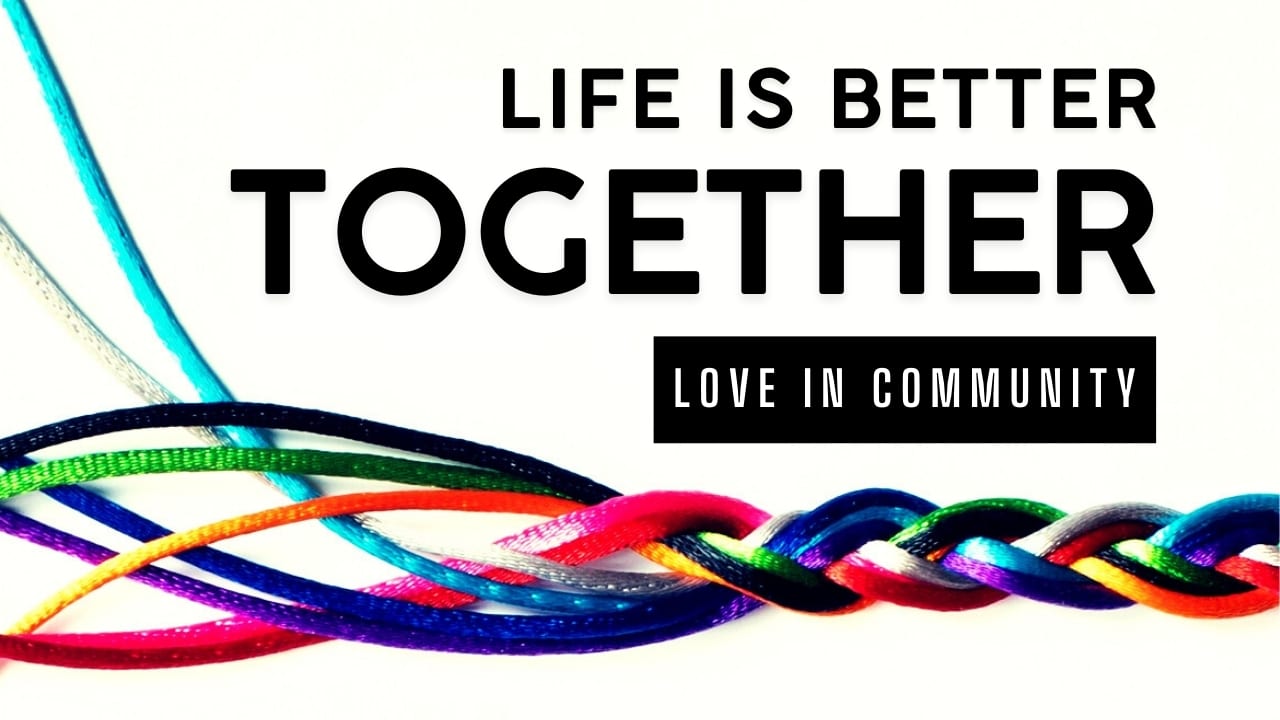
Luke 15:1-10
September 14, 2025
At this time 24 years ago, hundreds of people were moving up and down the ruins, hurt, confused, fearful, but determined. They came from all over America. Like an army they worked and worked as if there was no tomorrow. A concrete block here, iron and glass there, and steel girders being moved by cranes. Their drive, their intensity, and their passion had one purpose – searching for the lost.
On September 11, 2001, the city of New York lost two huge skyscrapers, known as the twin towers. They lost endless pieces of equipment, cars, and computers. But those who labored at ground zero were not searching for computers. They were not digging for lost cars. They were searching with all their strength for lost family members, friends, co-workers, and fellow human beings – dead or alive.
About a year ago, hundreds or maybe thousands of people made their way to the western part of our state to rescue people who lost everything in the devastation caused by Hurricane Helene. Many people spent days and weeks looking for loved ones who were unable to evacuate the area, while others looked to help people who needed food, clothing, and shelter. Today, we still have people – some of you as a matter of fact – traveling to the mountains in the western part of our state to help rebuild homes and to care for people who lost everything from the historic flooding that came from a tremendous amount of rain that fell in that area last year over a few days.
Searching for people is very important to us. In fact, it is so important that we have forced our government agencies to set up police forces, fire departments, and even special search and rescue teams to find, protect, and save lives. People are important and so we dedicate our money, time, and abilities to search for those who are lost or in need.
In our Gospel lesson for today we read about a God who is on a never-ending search for lost people. Since the beginning of time, our God has always been working to save people. For example, when Adam and Eve sinned, they didn’t go searching for God to apologize. Instead, they tried hiding from God. But God came searching for them. He found them, and saved them, even though they disobeyed Him and destroyed the perfect relationship they had with Him. In the New Testament, when Jesus went to the home of a man named Zacchaeus, who had been ripping people off as a tax collector, He said that He had come to “seek and save the lost.” That was His mission; that was His purpose.
Last week, at the end of Luke 14, Jesus talked about the cost of following Him – namely that it would involve some hard choices and high priorities – and after hearing this, who are the ones who have come to Him to hear more from Him in our text? Not the religious leaders of the day. In verses 1-2 it says, “Now the tax collectors and sinners were all drawing near to hear him. And the Pharisees and the scribes grumbled, saying, ‘This man receives sinners and eats with them.’” So why would these “sinners,” these “lost” people, be so anxious to come and listen to Jesus? It certainly wasn’t because Jesus had an easy message for them. He didn’t compromise on sin or say that everything they were doing was acceptable. Jesus wasn’t putting on some kind of impressive show of signs and miracles. The emphasis here is on Jesus’ teaching, miracles are not even mentioned.
In verse 2, it says that the Pharisees and religious teachers noticed that Jesus treated tax collectors and sinners very differently from them by welcoming and eating with them. They couldn’t believe it! How could Jesus do such a thing! In their minds, these sinners needed to be condemned and sent away. They weren’t following God’s Word and the rules they created that they believed people had to follow in order to please God and earn His blessings. But instead of sending them away, Jesus welcomed them, loved them, and showed them compassion. Jesus had an attitude that lost people were attracted to, and so the question for us today is: “Do we have that same loving and compassionate attitude of Jesus?” Unfortunately, we can often be like those Pharisees and scribes in our text who were far more interested in condemning and criticizing sinners than in showing them compassion.
The reality is, we all fit under the category of “sinners.” In the eyes of God, none of us would fit into the category of “good people.” We all have different sins, different weaknesses, different things we have done or have failed to do that are sinful. If only the good people were welcome in this church, then none of us would be here.
And yet, we can come to Jesus, again and again with our sins, and He forgives us. He welcomes us, He offers His body and blood to us in Holy Communion to strengthen our faith, and He reminds us over and over that He came into the world to save sinful people, to welcome sinful people, and to bring sinful people comfort and joy. That’s the purpose of the church. We’re not an organization that’s here for perfect people, where we get together and act in a spiritual way, and then go home. The purpose of the church is to welcome sinners, and God sends us out of our homes every day to connect with sinners and to welcome them.
Is this easy to do? No, it can be very discouraging. Sinners can be rude, they may not have time for you, they may love money over everything else, they may have rough language, or they may say things like, “I can worship God at my home” or “If I ever came to your church, the roof would cave in.” Lost sinners are going to promise to see you on Sunday, and then never show up. But that’s who we’re here for, to look for them and to welcome them.
This doesn’t mean, though, that we should accept all behavior. Condemning sin is appropriate, but we need to follow that with love and compassion for the sinner. Searching for the spiritually lost is a tremendous challenge, just as searching for people who are physically lost in a catastrophe or natural disaster is a tremendous challenge. But when I think back on the rescue efforts of 9/11/2001 or Hurricane Helene, or even a simple traffic accident, I’ve noticed that there are 3 groups of people who are involved in these situations.
The first group consists of the bystanders and onlookers. They are curious and they watch to see what happens but have little active involvement. The second group is made up of the investigating officials. Their job is to investigate the cause of the accident or catastrophe and to assign blame. The third group is the rescue workers. They are the people who are usually most welcomed by those involved in the accident or disaster. They are not concerned about whose fault the accident is; their job is to help those who are hurt. They bandage wounds, they free people who are trapped, they provide supplies, they give comfort, and offer words of encouragement. Three groups: one is uninvolved, one is assigning blame, and one is helping those who are hurting. Think for a moment, which group are you in?
When it comes to reaching the spiritually lost and caring for people, we have a tendency to be in one of those 3 groups. We can be uninvolved and let others do the work. Or we can condemn people for their foolish behavior, saying things like: “Well, it’s your own fault that you’re in this mess.” Or we can show compassion and help those who are lost and hurting. The mission of our church is to Share God’s Word and to live His love, and on your bulletin insert you will see that we have some wonderful ministries where we can show a lot of love to fellow sinners and to those who are lost in our community. Now you might not have the skills, the abilities, or the time to actively participate in these ministries, but you can still support them and be involved by providing supplies or through your financial offerings.
Just think, if people are willing to drop everything to search around the clock for those who are lost in a catastrophe, hoping to save their physical lives, shouldn’t we have the same passion to search and provide care for the physical and spiritual lives of those in need. After all, if spiritually lost people matter so much to God that He was willing to give up His only Son on the cross and to celebrate when just one is found, shouldn’t they matter this much to us?


